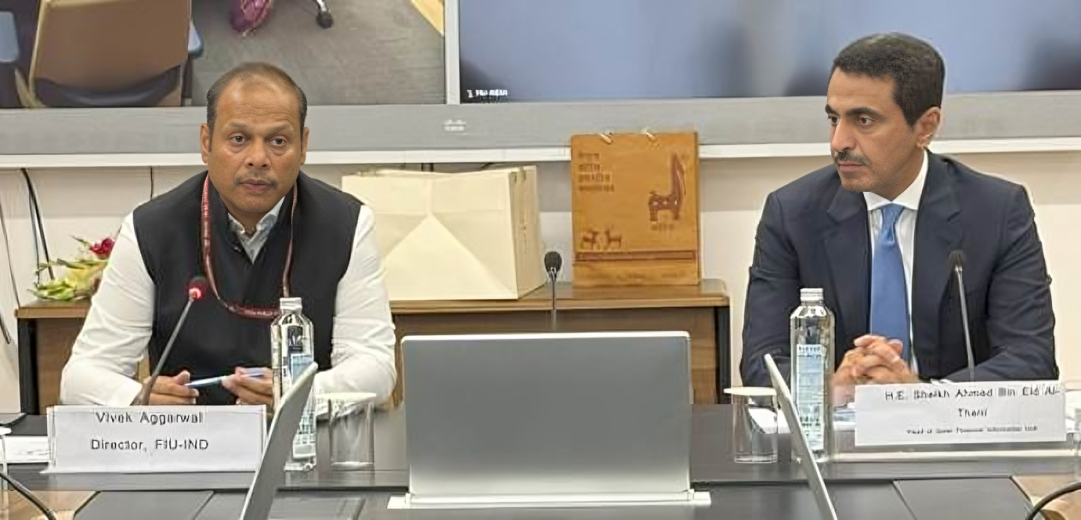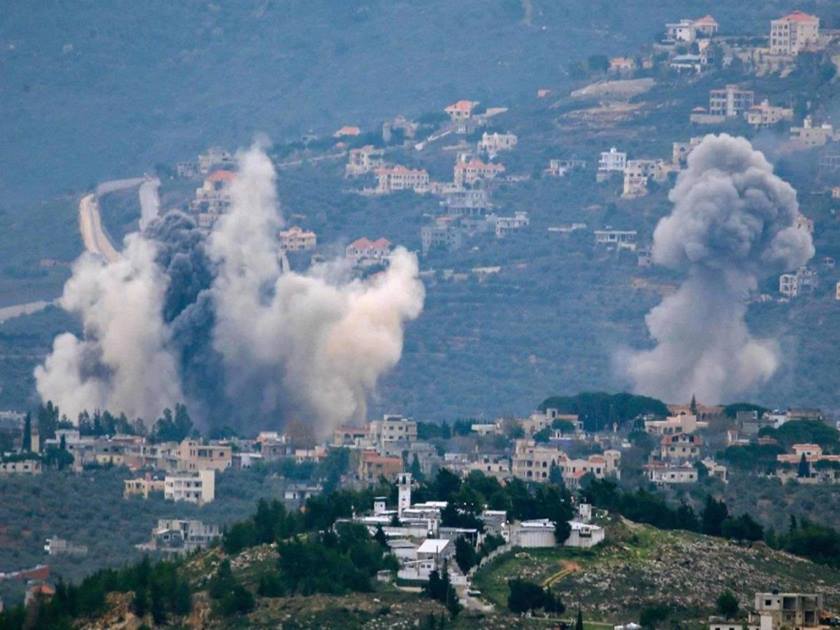
India’s government has announced the implementation of a new online system that makes it easier for families of deceased expats to bring home their loved ones’ bodies, including from Qatar.
The initiative was announced this week by the Minister of Overseas Indian Affairs and External Affairs, Sushma Swaraj, who said families often face trouble when attempting to transport the mortal remains of relatives who die overseas.
Speaking to reporters in India, Swaraj said:
“The request that I usually get relating to Overseas Indian Affairs is ‘please bring back my brother’s or husband’s body or even that the body has been lying in another country for five months, please bring it back.’”
The move comes as some Indians criticize their government for not doing enough to protect its overseas brethren.
The system can be accessed online via the Ministry of Overseas Indian Affairs’ website, and works in 17 countries, covering a total of seven million Indians.
The list includes all six GCC nations, as well as Malaysia, Thailand, Sudan, Syria, Indonesia, Lebanon, Libya, Jordan, Afghanistan, Iraq and Yemen.
Qatar focus
Speaking to Doha News, a representative of the Indian embassy confirmed that the new online system is being used in Doha.
However, he declined to comment further.
Qatar is home to half a million Indian expats, and some 500 of these residents have died here over the past two years, according to figures previously released by the embassy.
Transporting the deceased back to India can be a difficult task. For the past several months, for example, the family of Jitendra Singh Khalsa has been fighting to get his remains back after he died here in November 2013.
According to the Times of India, the hold-up stemmed from the family’s refusal to sign a release requesting the return of the body until they received a clear cause of death.

Khalsa, who worked for oil and gas contractor Qcon, was found dead at Doha International Airport from heart failure.
But his family told the Guardian they suspected Khalsa was taken by ambulance from Qcon’s facilities, after being poisoned by exposure to hydrogen sulfide gas, a highly toxic compound extracted from natural gas.
In April, the family relented and signed a release to bring Khalsa’s body home. But they are not expected to receive his remains until sometime this month, four months after requesting repatriation.
Theoretically, the new online system would assist with anxieties related to this process by updating families on the reasons for delays in transporting mortal remains.
New system
When accessing the new system, users will be asked to provide identifying information about themselves and the deceased.
Once inputted, the request will be processed, and the applicant will receive regular updates about the body’s status via SMS and email.
Additionally, applicants can also view the status of the case by tracking it through a unique Application Reference Number (ARN).

In response to questions about the legal status of deceased expats, Swaraj said it would not be relevant if the Indian expat who died was undocumented.
“It is the responsibility of the government to bring back the bodies safely,” she was quoted as saying by Zee News India.
The article further reported that while it takes around a week to 10 days for bodies of nationals who have died of natural causes to be flown back to India, the remains of those who have died in accidents or as a result of criminal acts could remain abroad for weeks, pending police investigations and post-mortem examinations.
Over a 100 cases have already apparently been filed through the new system.
Officials say that applications for the transportation of mortal remains would be closed only if the bodies reach India, or if the Indian embassy in the country in question provides a valid reason for not being able to repatriate the remains.
Those unable to submit an application online can call the Overseas Workers Resource Centre (OWRC) in India via the toll free number 1800-113090, and relay the information to an agent.
The center is equipped to receive information in 10 Indian languages and English.
Thoughts?







